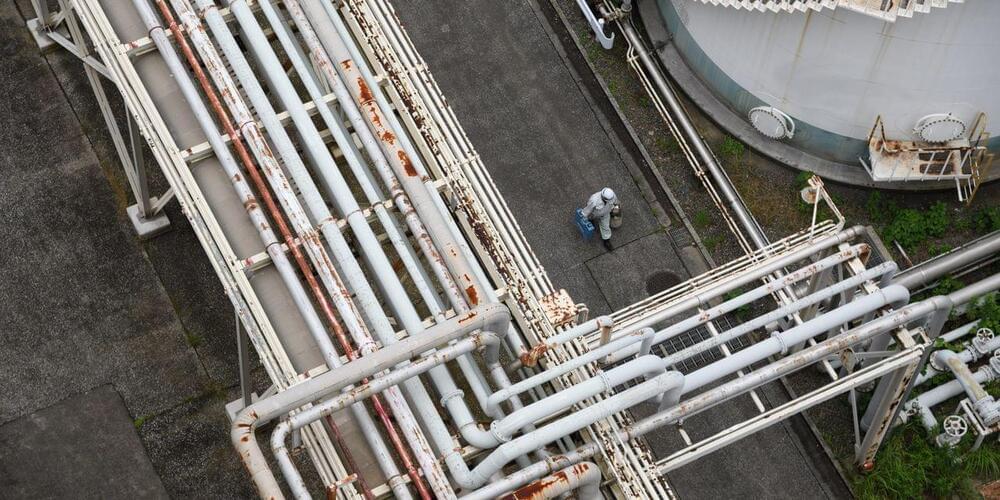The boundary layer between the upper and lower mantles of the Earth is known as the transition zone (TZ). It is located between 410 and 660 kilometers (between 255 and 410 miles) under the surface. The olive-green mineral olivine, commonly known as peridot, which makes up around 70% of the Earth’s upper mantle, changes its crystalline structure at the extreme pressure of up to 23,000 bar in the TZ. At a depth of around 410 kilometers (255 miles), at the upper edge of the transition zone, it changes into denser wadsleyite, and at a depth of 520 kilometers (323 miles), it transforms into even denser ringwoodite.
“These mineral transformations greatly hinder the movements of rock in the mantle,” explains Professor Frank Brenker from the Institute for Geosciences at Goethe University in Frankfurt. For example, mantle plumes – rising columns of hot rock from the deep mantle – sometimes stop directly below the transition zone. The movement of mass in the opposite direction also comes to standstill. Brenker says, “Subducting plates often have difficulty in breaking through the entire transition zone. So there is a whole graveyard of such plates in this zone underneath Europe.”






